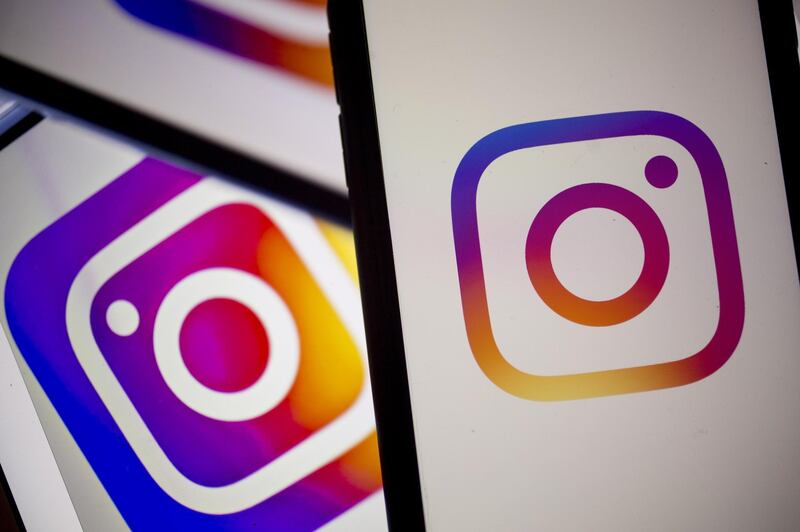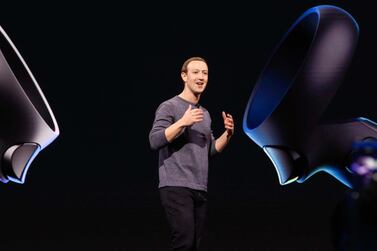In an attempt to shift focus back on to content and not the number of likes it generates, Instagram is going to trial hiding the like count from photos and view count from videos, it has announced.
In the test, users that post content will still be able to see the response to their photos and videos, but the information will not be made available to the public.
This is all for the self-esteem of users, according to the Facebook-owned app.
Head of Instagram Adam Mosseri has said the change is "about creating a less pressurised environment where people feel comfortable expressing themselves".
The first wave of trials will begin in Canada this week, and could eventually go global.
"We are testing this because we want your followers to focus on the photos and videos you share, not how many likes they get," a spokesperson for the app added.
Instagram is testing hiding like count from audiences,
— Jane Manchun Wong (@wongmjane) April 18, 2019
as stated in the app: "We want your followers to focus on what you share, not how many likes your posts get" pic.twitter.com/MN7woHowVN
The news was announced at Facebook's annual software developer conference on April 30.
"We want people to worry a little bit less about how many likes they're getting on Instagram and spend a bit more time connecting with the people that they care about," Mosseri said.
Social media's affect on mental health
The effects of living for likes has been studied at length, particularly the link between time spent on Instagram and body image.
According to a 2019 study by the University of Pittsburgh, "those who had spent more time on social media had 2.2 times the risk of reporting eating and body image concerns, compared to their peers who spent less time on social media".
"The participants who spent the most time on social media had 2.6 times the risk," the study added.
A second study from the university's School of Medicine stated: "That the more time young adults spent on social media, the more likely they were to have problems sleeping and report symptoms of depression."







